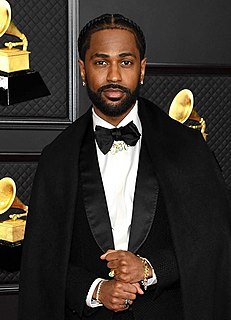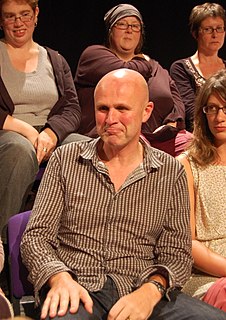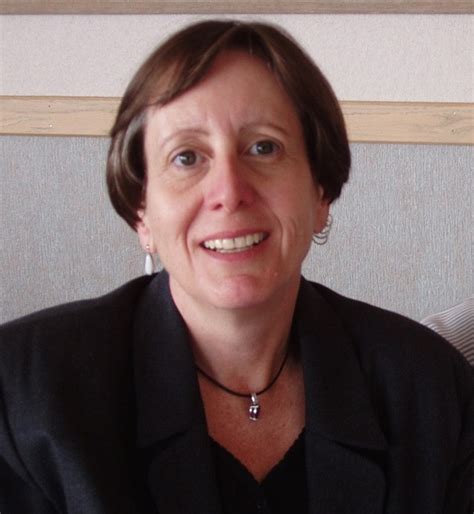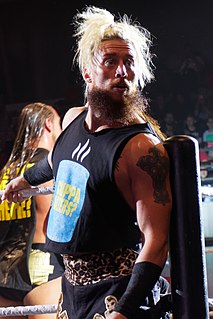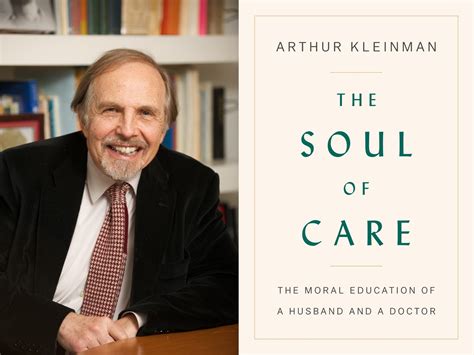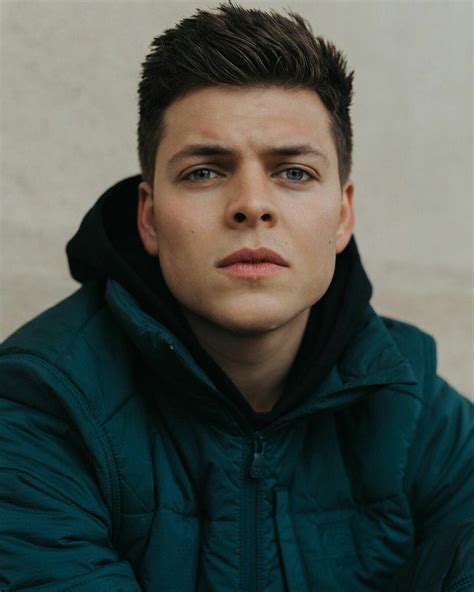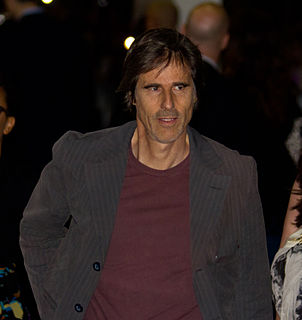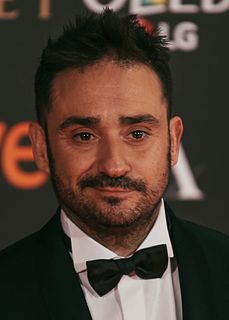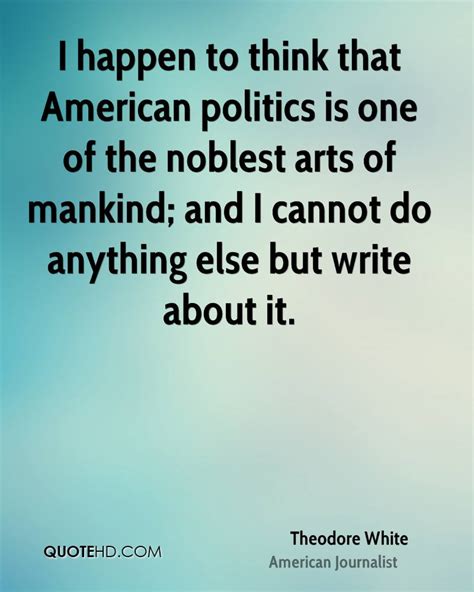Top 1200 Untold Stories Quotes & Sayings - Page 17
Explore popular Untold Stories quotes.
Last updated on December 23, 2024.
If you took the city of Tokyo and turned it upside down and shook it you would be amazed at the animals that fall out: badgers, wolves, boa constrictors, crocodiles, ostriches, baboons, capybaras, wild boars, leopards, manatees, ruminants, in untold numbers. There is no doubt in my mind that that feral giraffes and feral hippos have been living in Tokyo for generations without seeing a soul.
We have been telling and hearing and reading war stories for millennia. Their endurance may lie in their impossibility; they can never be complete, for the tensions and the contradictions within them will never be eliminated or resolved. That challenge is essential to their power and their attraction. War stories matter.
I love the smell of a theater. The old rooms and the carpet and all that stuff. I love to tell stories. Even before I was doing music, I saw myself as a director. So most of my songs come in a play form, you know, where there are characters and stories, so I like to go beyond just the song sometimes.
I had the privilege of hearing incredibly brave women standing up to tell their stories - harrowing stories that reduced many of us listeners to tears. But with each story, the taboo around domestic abuse weakens and the silence that surrounds it is broken, so other sufferers can know that there is hope for them and they are not alone.
Of course, an English aristocrat might have some contact with the staff downstairs and could adequately say a thing or two about inter-class dramas unfolding in the household. But something less parochial might be harder to come by. This is relevant because stories about the divisiveness of class are by definition stories that straddle class boundaries. A story about a miner in a mining town is not obviously one that speaks to the divisiveness of class. In other words, class doesn't just divide us in the world but it also divides us in the stories we're presented.
Vividly imagined, beautifully written, at times almost unbearably suspenseful-the stories in Kristiana Kahakauwila's debut collection, This Is Paradise, are boldly inventive in their exploration of the tenuous nature of human relations. These are poignant stories of 'paradise'-Hawai'i-with all that 'paradise' entails of the transience of sensuous beauty.
Glen Hirshberg's stories are haunting, absolutely, but not only because of the content -- the stories themselves haunt, they stick around, they linger, inhabiting a little corner of the reader's brain and resurfacing to evoke mystery or sadness or longing. It's a pleasure to dive into Hirshberg's storytelling skills in American Morons.
To stand at the edge of the sea, to sense the ebb and flow of the tides, to feel the breath of a mist moving over a great salt marsh, to watch the flight of shore birds that have swept up and down the surf lines of the continents for untold thousands of years, to see the running of the old eels and the young shad to the sea, is to have knowledge of things that are as nearly eternal as any earthly life can be.
In my time since moving to the United States, I've found that there is a dearth of great writing for black people. There are stories that depict us in a way that isn't cliched or niche, and that a white person, a Chinese person, an Indian person can watch and relate to. Those are the stories I want to be a part of telling.
I think every person either inherits or eventually makes up their own idea of what they are and who they are and what caused the world to be, and it seems to me that these stories of creation myth, adopted by different cultures - most of them are less insightful than the stories made up by individual poets and writers.
Travel stories teach geography; insect stories lead the child into natural science; and so on. The teacher, in short, can use reading to introduce her pupils to the most varied subjects; and the moment they have been thus started, they can go on to any limit guided by the single passion for reading.
We need to look at the repetitions in the stories we tell ourselves [and] at the process of the stories rather than merely their surface content. Then we can begin to experiment with changing the filter through which we look at the world, start to edit the story and thus regain flexibility where we have been getting stuck
I've come to recognize what I call my 'inside interests.' Telling stories. And helping people tell their stories is a sort of interpersonal gardening. My work at NBC News was to report the news, but in hindsight, I often tried to look for some insight to share that might spark a moment of recognition in a viewer.











